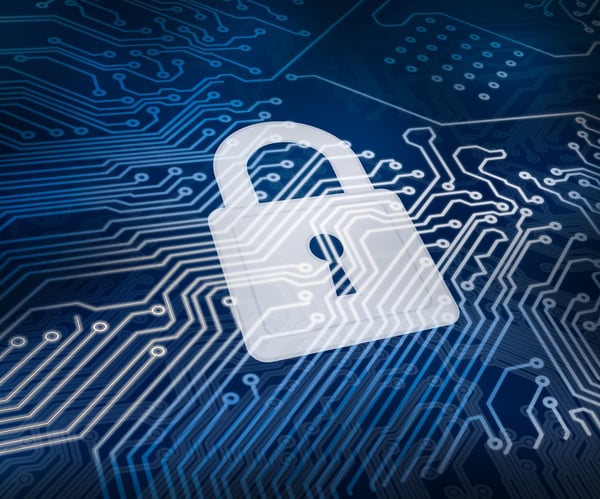Being able to bank or shop online is a great convenience, but you want to be sure you’re protecting yourself before you hit “submit.” If the wrong people access your accounts, you might find yourself with a lot less money than you thought — and a lot of work to set things right. Here are five steps you can take to help make sure that doesn’t happen.

1. DO YOUR ONLINE SHOPPING/BANKING FROM HOME
You’ve probably taken steps to secure your home network, so it makes sense to do most of your online activity there. Public computers are convenient, but be careful about entering passwords and sensitive account information when using these machines. Many will keep your login data in the web browser history, so after you leave, the next person who uses the computer might be able to see what you typed and access your account.
If you’re on your own laptop or mobile device but using public Wi-Fi to access the Internet, you could run into similar issues. You can’t be sure the network you’re on is secure, and if it’s not, a lurking hacker could see any information you send. When you use public Wi-Fi, consider updating the settings on your device to make sure you don’t automatically join networks you won’t use regularly.
2. INSTALL ANTIVIRUS SOFTWARE
Many antivirus companies will send security patches to your computer automatically, so you don’t have to be a tech genius to get the most up-to-date protection. In addition to installing an antivirus program, it’s a good idea to check your operating system, web browser and mobile devices to make sure they also have the latest software updates.
3. BE SMART WITH ACCOUNT PASSWORDS
Strong passwords include both uppercase and lowercase letters, numbers and symbols, and they can’t easily be guessed. Security experts recommend that you change your passwords at least every few months. Don’t use the same password for multiple accounts, especially your online banking accounts.
4. DON’T SKIMP ON MOBILE SECURITY
Sometimes you may need to shop or bank online while you’re on the go. When using smartphones, tablets and laptops, you can help protect your accounts by adding a password to lock your device screen. Also, install a “find your phone” tool to help locate your device if it’s misplaced. Many such tools give you the ability to disable your device remotely, in case it can’t be recovered.
5. REMEMBER, ‘SECURE’ STARTS WITH AN ‘S’
Before sending over account numbers or other sensitive information, check to see whether your browser address bar begins with “https” instead of “http”. The extra “s” literally stands for “secure,” because the page is encrypted. In addition to checking for the “s,” you can also look to see whether the webpage has a seal from such organizations as the Better Business Bureau, Truste or VeriSign, which means the site is more likely to be trustworthy.
When you’re banking or shopping online, you don’t want to leave an open door for hackers. So it’s best to secure your accounts and your devices to protect your hard-earned money.


